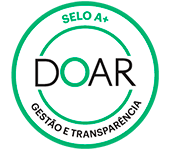The Program

Created in 2003, it is built on solutions that strengthen family agriculture in harmony with the environment. Executed in integration, these actions boost economic growth of the regions where applied, encouraging the vocation of benefited communities and taking opportunity to youth and their families.
This technology is put into practice through six action fronts:

Education for Sustainable Development

Environmental
Conservation

Economic
Development

Innovation and
Technology

Citizenship and
Governance

Cohesion and
Social Mobilization
As for our partnerships, they implement established actions, encourage organization and social mobilization surrounding the PDCIS and ensure the flow of communication of results yielded.
Another mark of the Program is the creation of a network between organized civil society and the government and the private sector, called participative governance. These actors pass to act in a more collaborative way around sustainable territorial development - therefore, changes generated by socioenvironmental action may be perpetuated and fight poverty and inequality in these regions on a deep level.
Where is thePDCIS?
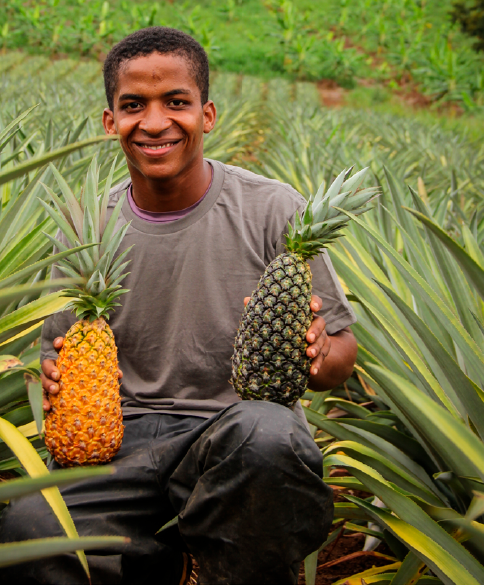
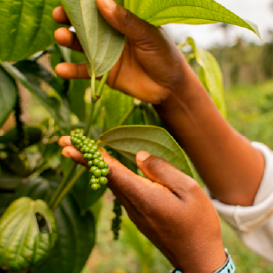
Twenty years ago, the PDCIS was conceived in Lower Southern Bahia, the identity territory where it keeps being implemented. Based on the experience build in conjunction by us, by our partner NGOs and by benefited communities, it was in this region that arose the practices that substantiate all our programs and projects. In Lower Southern Bahia, PDCIS is executed in a partnership with four organizations: three High Schools integrated to technical courses: Casa Familiar Agroflorestal (CFAF), Casa Familiar Rural de Igrapiúna (CFR-I) and Casa Familiar Rural de Presidente Tancredo Neves (CFR-PTN); and one NGO focused on environmental and productive conservation, Organização de Conservação da Terra (OCT).
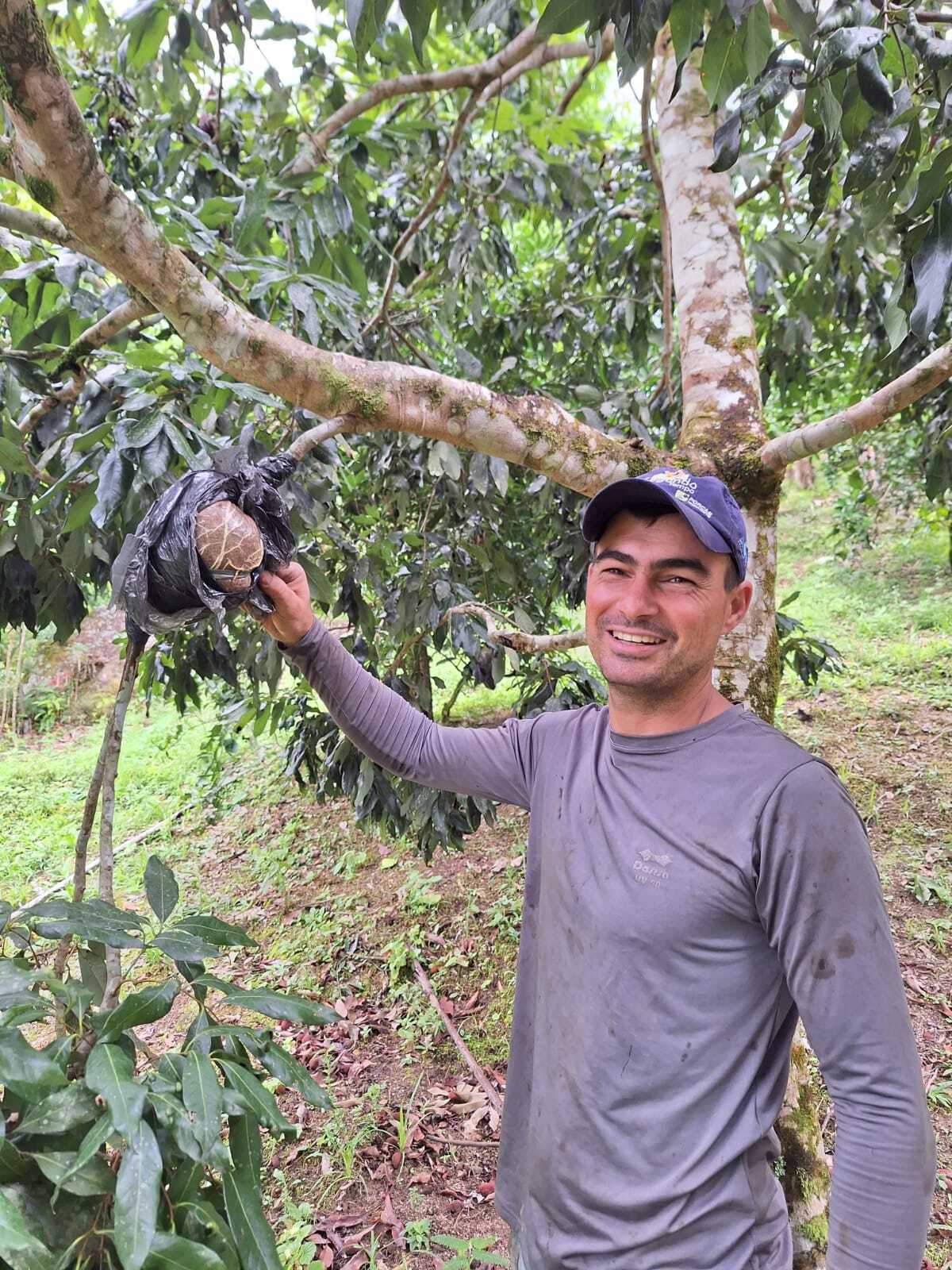
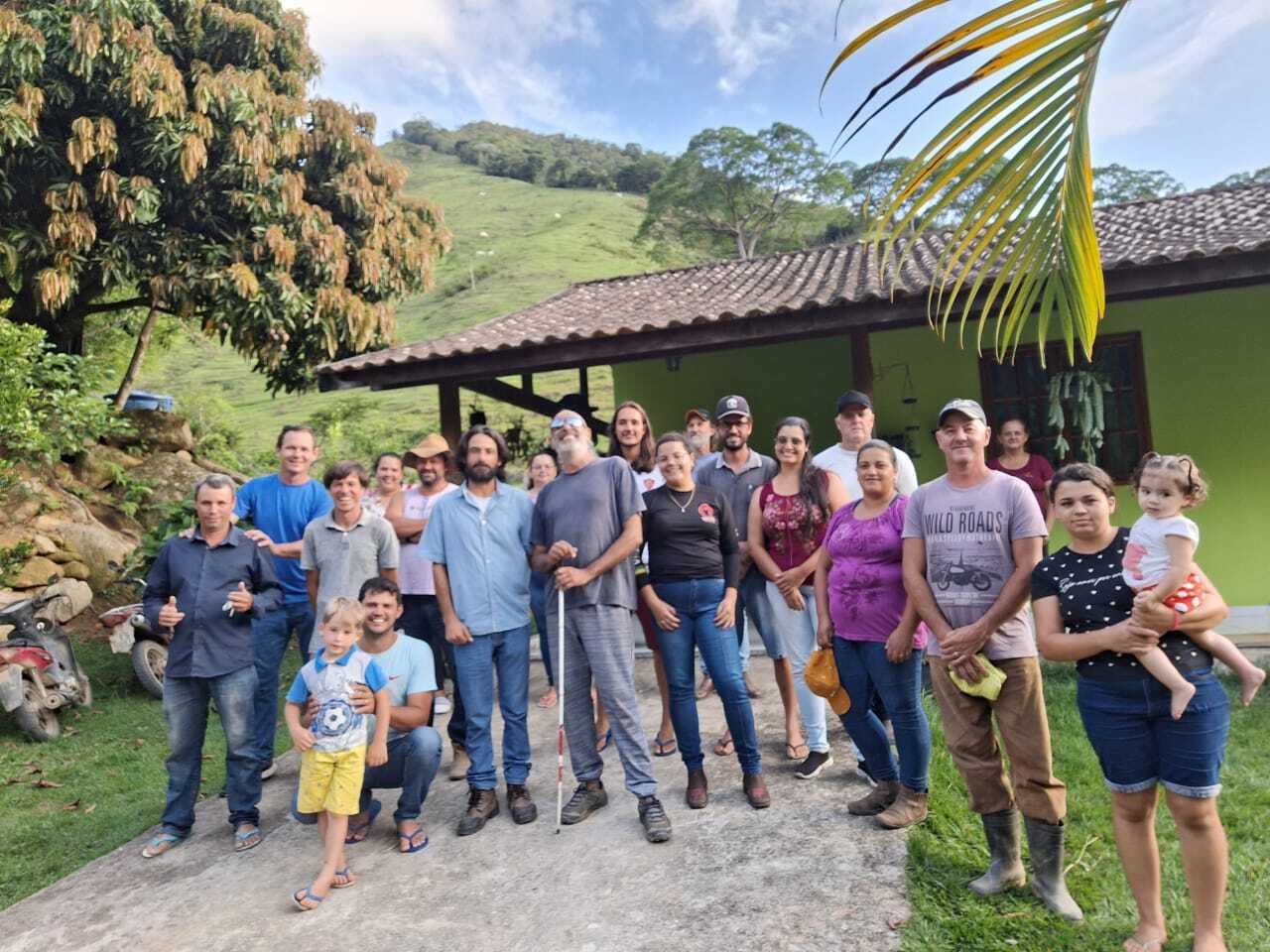
Since 2021, we passed to implement PDCIS practices in a community of family farmers of Macaé: Vale do Sana. Mobilized by Ocyan, the oil & gas company of Novonor Group, we have associated ourselves with local organizations and municipal administration to take qualifications that are strengthening the agricultural potential of the region, bringing more quality of life to the families. In Macaé, PDCIS is executed in a partnership with Ocyan (social investor), Macaé Administration and the Association of Family-Based Agricultural Producers of Sana (APAF-SANA).
Impact Numbers
12876
people benefited
in 188
communities
in 16
municipalities in Bahia
287 young people
graduated in 2022
2 thousand students
graduated since 2005
22 springs
restored and 118 aquatic
ecosystems were mapped and protected.
Since 2012,
444 springs
have been recovered
67 hectares
of areas preserved. Since 2012, over
12 thousand hectares
of areas preserved.
3681
production projects implemented since 2011 by students of rural schools
36 thousand trees
planted in reforestation actions.
Since 2012, over
550 thousand trees have been planted
Beneficiaries have the floor
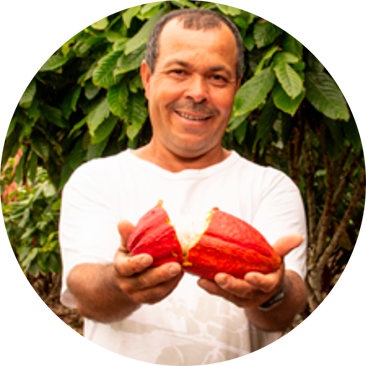
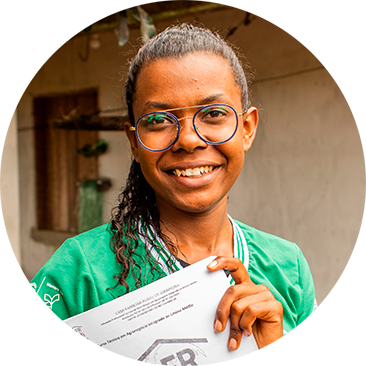
How to implement PDCIS in your region
Contact us using the form provided below. Together, we can create projects inspired on PDCIS for your neighborhood, city or state.


